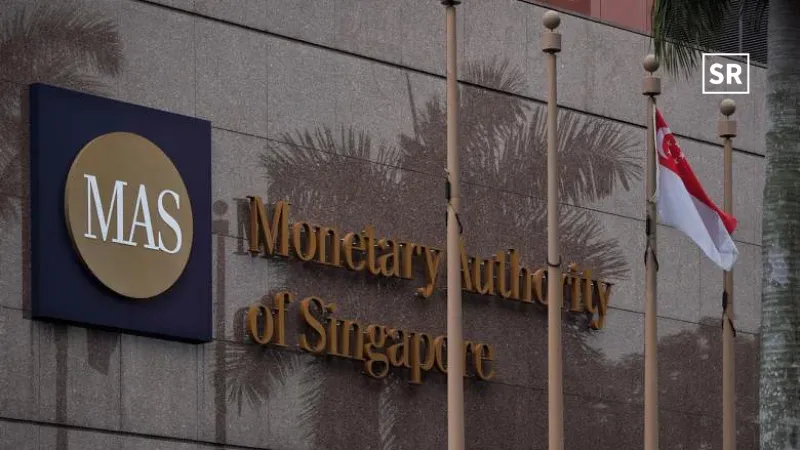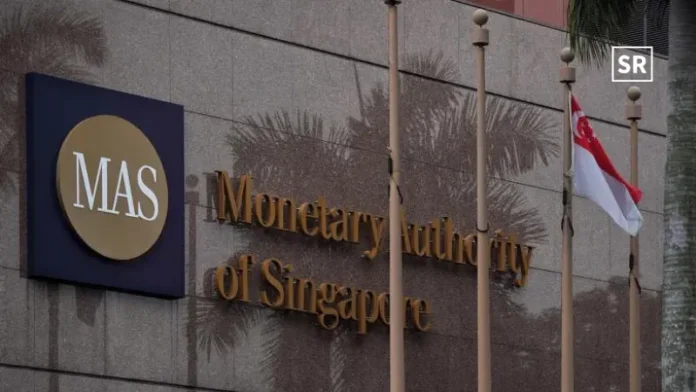
Singapore and the United Kingdom have emphasized their close and ongoing partnership focusing on important areas such as digital finance, innovation, sustainable finance, capital markets, and global financial rules.
The Monetary Authority of Singapore (MAS) announced on Thursday that the two countries held the 10th UK-Singapore Financial Dialogue in London on Wednesday. The dialogue allowed the two countries to exchange views on how each harnesses potential and addresses challenges across the digital landscape reaffirming their continued partnership in this area.
The participants also discussed tokenization and the latest regulations surrounding it.
The Financial Conduct Authority (FCA) from the UK and the Monetary Authority of Singapore (MAS) discussed the progress of Project Guardian. They agreed to work more closely with the UK’s Investment Association and Singapore’s Investment Management Association.
This work will examine how asset tokenization impacts investors and help encourage the increased use of tokenized assets in both countries.
The UK shared its experience with the Global Layer One initiative, and Singapore provided an update on the project’s progress and its key focus areas.
They also discussed how artificial intelligence (AI) is being utilized in the financial services sector. They discussed current trends, new ways AI is used, challenges in adopting AI, and how each country regulates AI.
The FCA and MAS agreed to collaborate on AI by sharing new AI solutions and talking about AI developments across borders.
To start this collaboration, the FCA-MAS AI Innovation Showcase will take place in London on July 3, featuring top AI-in-finance solutions from the UK and Singapore.
Both countries also shared updates on their plans to support sustainable finance.
The UK shared updates on its work after the Transition Finance Market Review and the creation of the Transition Finance Council.
They also discussed progress on new rules from the Prudential Regulation Authority to guide banks and insurers in managing climate-related risks.
Singapore gave updates on how the financial industry, government, and companies are using the Singapore-Asia Taxonomy. This taxonomy is also part of a global initiative known as the International Platform on Sustainable Finance.
Both countries discussed voluntary carbon markets and agreed that working together can help create reliable and trustworthy carbon markets.
The UK outlined its plan to establish rules for voluntary carbon credits, aiming to increase demand and support its overall carbon market strategy.
Singapore shared its efforts to grow carbon markets and encourage more financial institutions to join. They are also working on developing “transition credits” to help build trust and grow these markets.
Both countries exchanged updates on making sustainability reports more consistent and easier to compare. They are moving step by step towards using standards from the International Sustainability Standards Board.
The UK has also updated its new rules for sustainability disclosures and labels for investors, as well as its plans to create regulations for ESG rating companies.
Both countries agreed that it’s essential to ensure their systems work effectively together, following guidance from the International Organization of Securities Commissions on ESG rating and data providers.
Participants also shared ideas on how to strengthen capital markets.
The UK discussed recent changes to pension rules aimed at boosting investment and innovation. It also confirmed plans to switch to a faster T+1 settlement system by October 2027.
Singapore’s MAS gave an update on new steps from the Equities Market Review Group. These steps aim to increase market activity, improve equity research and fund management, attract strong companies to list in Singapore, and prepare for more improvements.
Both countries also discussed global financial regulations and their priorities, especially their involvement with the Financial Stability Board (FSB).
The UK shared the main goals of Andrew Bailey, Governor of the Bank of England, in his role as FSB Chair.
Both sides highlighted the importance of the FSB’s work on managing risks in the non-bank financial sector. This includes putting in place the FSB’s recommendations on controlling leverage (borrowing) to reduce risks in funding markets.
They also agreed on the need to help regulators better identify and manage risks in the non-bank sector, especially by improving access to more accurate data.
Read more- VinFast Partners with myTVS to Strengthen After-Sales Service Network Across India





